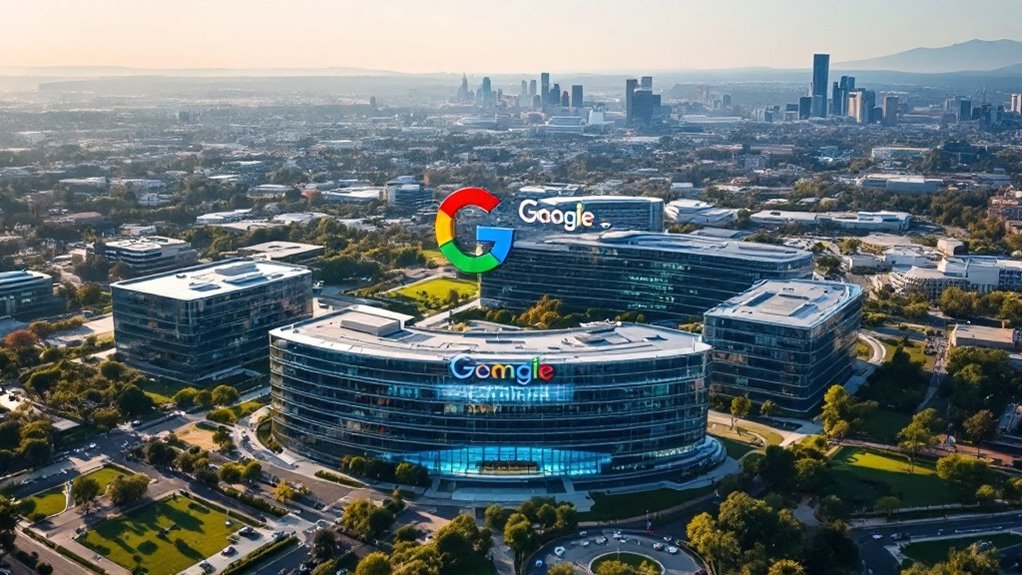Google SGE (Search Generative Experience) is an AI-powered feature that delivers direct answers to search queries without requiring users to click through websites. Using advanced language models, it synthesizes information from multiple sources, creating a conversational search experience with instant answers and recommendations. For website owners and SEO folks, it’s a bit of a game-changer—potentially reducing site traffic as users get what they need right in search results. The digital landscape is shifting, and adaptation might be your only lifeboat.
SGE leverages an impressive cocktail of technologies—natural language processing, large language models, and machine learning—to understand your queries and synthesize information from multiple sources.
The result? A tidy overview that appears alongside traditional web links, creating what insiders call a “blended SERP experience.” It’s like having a personal research assistant who skims the internet for you and reports back with the highlights.
For users, this means near-instant gratification. Ask a question, get an answer—no clicking required. Need step-by-step instructions for fixing your leaky faucet? SGE‘s got you. Looking for product recommendations? They’re right there waiting. You can even ask follow-up questions, turning your search into something resembling an actual conversation.
But not everyone’s celebrating this innovation. Website owners and SEO professionals are watching with nervous anticipation as SGE potentially reshapes traffic patterns. When users get their answers directly in search results, why would they click through to your painstakingly crafted content?
Currently available in about 120 countries and seven languages, SGE doesn’t trigger for all search queries—yet. Specifically, SGE runs on Google’s PaLM 2 model, which powers its ability to generate human-like responses. One significant challenge is that SGE may occasionally produce incorrect information, as Google acknowledges with its own disclaimer about quality variability. Google is clearly testing the waters, collecting feedback, and refining the system before wider implementation.
For content creators, the message is clear: adapt or disappear. As SGE continues to evolve, the digital landscape will inevitably shift beneath our feet.
The question isn’t whether to prepare for this change—it’s how quickly you can pivot your strategy before everyone else does. The technology is based on Google’s powerful Gemini models that handle complex queries and deliver nuanced responses directly in search results.









